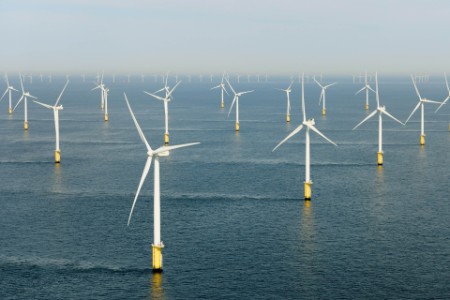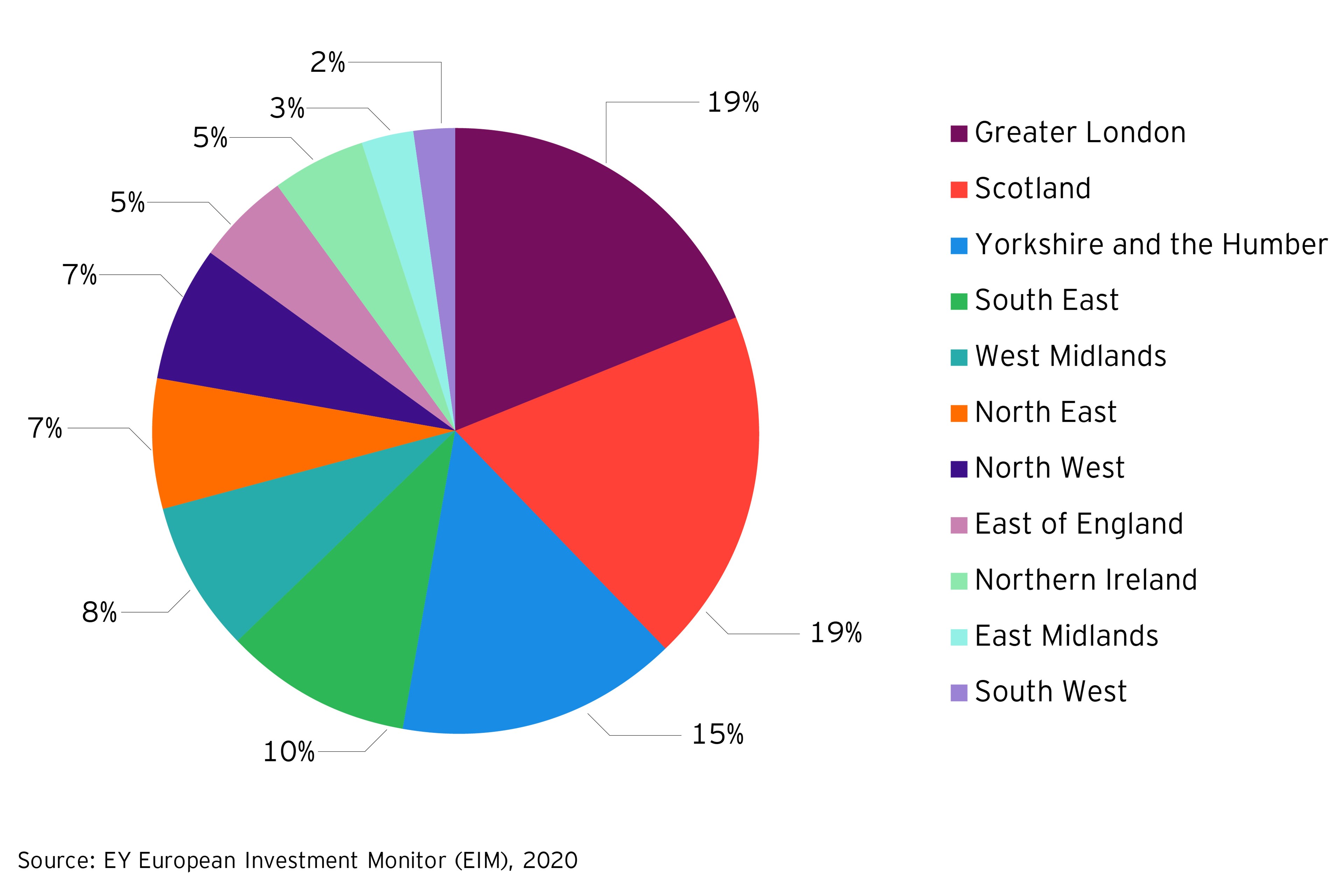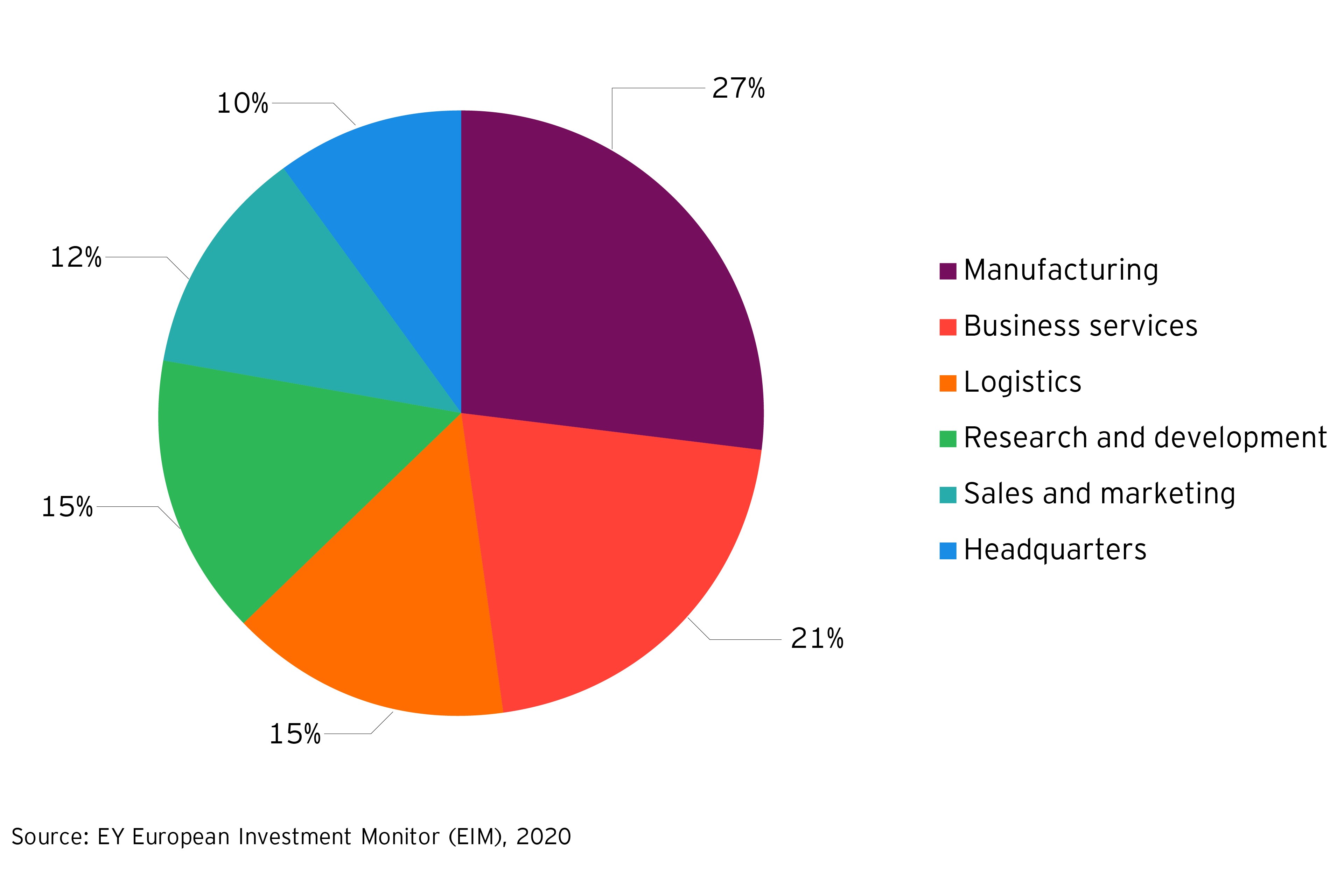Back in June, we launched our 2021 UK Attractiveness Survey – this captured how resilient foreign direct investment (FDI) had been into both Europe and the UK, despite the very turbulent 18 months the global economy had faced as a consequence of the pandemic. One of the many areas where the pandemic seemed to magnify public focus was on sustainability, and the need to accelerate innovation and delivery against environmental targets and aspirations. Indeed, as we shared findings with businesses and governments, a key question that kept arising was how much investment activity was focused on ‘cleantech’ – that is, investments targeted at environmental sustainability and delivering on the global goals around achieving net zero.
We knew then that cleantech was important as an investment theme – with 19% of investors seeing it as being a key driver of the UK’s future growth, and with 60% of investors stating that clear government policies on sustainability were ‘important’, ‘very important’ or ‘critical’ factors in their decisions to invest.
However, what we didn’t know at that time was what proportion of current investment into the UK – and indeed across Europe – was related to cleantech. Investor sentiment did seem to imply that the UK was lagging a little behind its European competitors.
In this context, we have revisited our UK Attractiveness Survey 2020 data to analyse preliminary cleantech data points to try and understand the current landscape, and to get a better perspective on the extent of the challenge facing economies looking to transition to a sustainable future.
In 2020, out of a total 5,578 FDI-supported projects across Europe, 346 of them (6.2%) were cleantech related. Germany led the way, attracting 67 projects (19.4% of the European clean-tech market). The UK followed with 59 cleantech-related projects (17.1% of the European total), accounting for 6.1% of all UK FDI-supported projects in 2020. France, Spain and Poland made up the remaining top five destinations.




